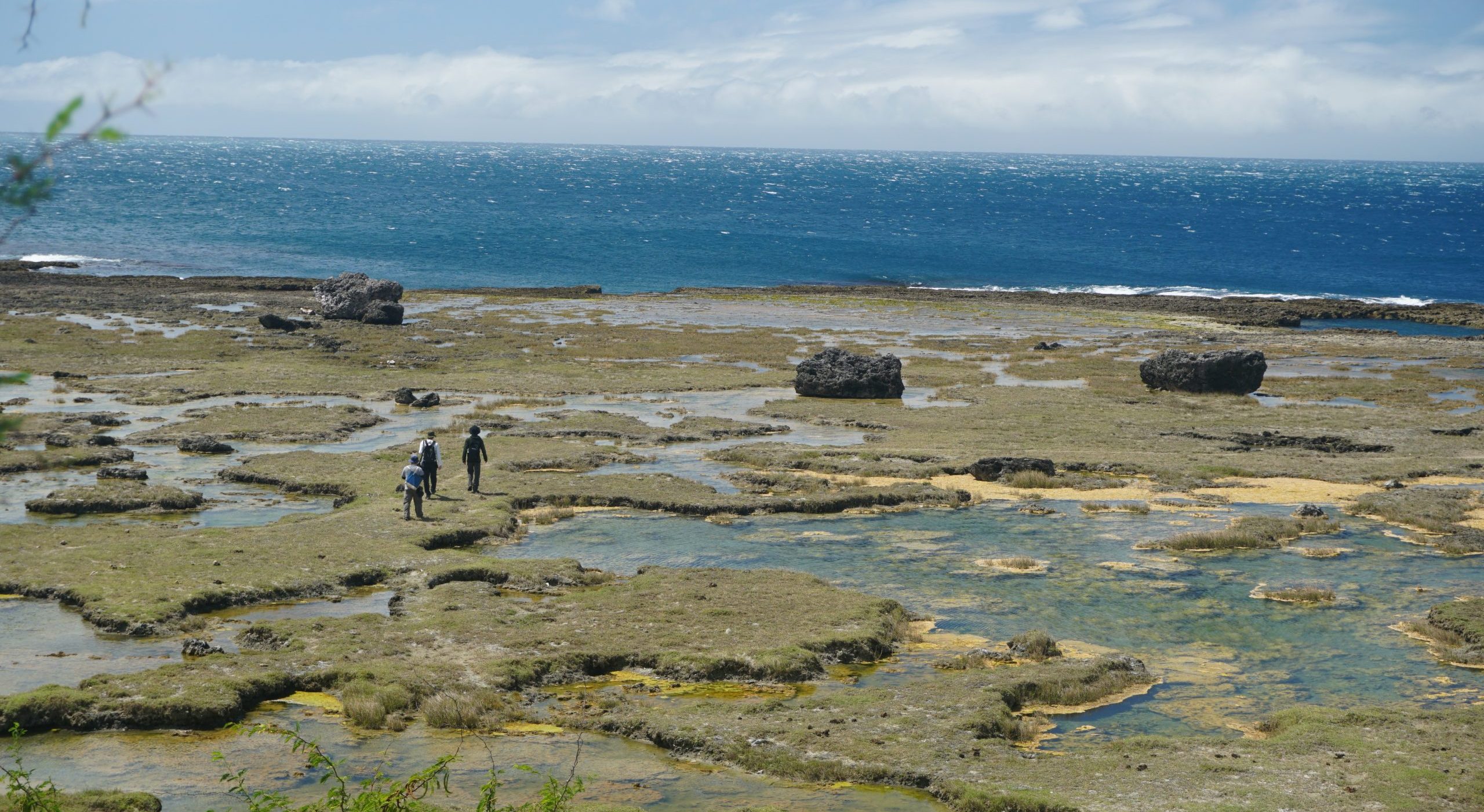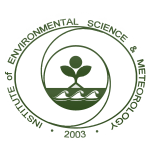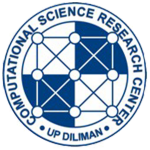SCIENCE – University of the Philippines Diliman


FEATURED NEWS
The College of Science Office of the Associate Dean for Academic Affairs (OADAA) invites all newly enrolled graduate students to this semester's New Graduate Student Orientation on March 2, 2026 (Monday) 9:00 AM to 12:00 PM at the CS Admin Building Auditorium.
Nakita mo na ba ang mga malalaking tipak ng bato, ang ilan ay kasinglaki ng malaking trak, na nakakalat sa mabatong baybayin ng Pasuquin, Ilocos Norte? Ang mga dambuhalang bato ay makikitang nakapatong sa taas ng nakaangat na reef platform na malayo sa dagat. Pinapaniwalaan na ang mga ito ay bahagi or piraso ng isang sinaunang bahurang koral (ancient coral reef) na napunit at naihagis papaloob ng lupa, dala ng matitinding alon.
Large boulders, some weighing as much as a large truck, are scattered along the rocky coastline of Pasuquin, Ilocos Norte. These enormous boulders, which sit on an uplifted reef platform far from the sea, are not random. They are fragments of an ancient coral reef that were torn from the reef and hurled inland by extreme waves. This unusual sight piqued the curiosity of geologists from the University of the Philippines – Diliman College of Science’s National Institute of Geological Sciences (UPD-CS NIGS).
The College of Science Office of the Associate Dean for Academic Affairs (OADAA) invites all newly enrolled graduate students to this semester's New Graduate Student Orientation on March 2, 2026 (Monday) 9:00 AM to 12:00 PM at the CS Admin Building Auditorium.
Nakita mo na ba ang mga malalaking tipak ng bato, ang ilan ay kasinglaki ng malaking trak, na nakakalat sa mabatong baybayin ng Pasuquin, Ilocos Norte? Ang mga dambuhalang bato ay makikitang nakapatong sa taas ng nakaangat na reef platform na malayo sa dagat. Pinapaniwalaan na ang mga ito ay bahagi or piraso ng isang sinaunang bahurang koral (ancient coral reef) na napunit at naihagis papaloob ng lupa, dala ng matitinding alon.
Large boulders, some weighing as much as a large truck, are scattered along the rocky coastline of Pasuquin, Ilocos Norte. These enormous boulders, which sit on an uplifted reef platform far from the sea, are not random. They are fragments of an ancient coral reef that were torn from the reef and hurled inland by extreme waves. This unusual sight piqued the curiosity of geologists from the University of the Philippines – Diliman College of Science’s National Institute of Geological Sciences (UPD-CS NIGS).
CS DRIVE
Database of Researches, Innovations, Ventures, and Extension Projects















